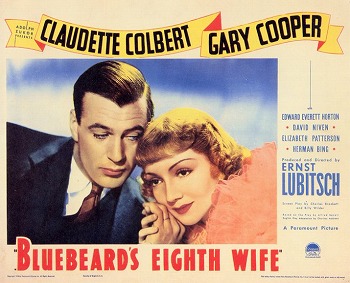Director: Sam Fuller
Language: English
Rating: Unrated
Pickup on South Street isn't the best film noir I've seen, but it's held together by some powerful scenes, most notably Thelma Ritter's character, Moe Williams, summing up her life as a man points a gun at her head ("I have to go on makin' a living so I can die").
The main character is a pickpocket, Skip McCoy (Richard Widmark), a smirking jackass for the most part; throughout the movie people keep wanting to deck him, and I don't blame them. At the start of the movie, he steals from Candy (Jean Peters), a 'fallen woman' who's got principles and guts, but also has the unfortunate tendency to give herself over to men like Skip or, even worse, her old boyfriend who deceptively uses her to deliver top-secret information to the Commies.
Because the movie was made in the early 50s, the anti-Communist message gets hammered in a little too much, as lowly criminals and stool pigeons repeatedly tell each other that they'd never stoop to helping the Commies out. Never ever. But the movie isn't about the Cold War; the Commies are just convenient villains. What the movie really focuses on is how petty criminals and other people well-acquainted with street life stay one step ahead of the local police, the FBI, and the Commie villains; they tangle with powerful forces and often come out on top.
Thelma Ritter's performance as Moe Williams is what I recommend most about Pickup on South Street. At the start, Ritter is hilarious, playing what seems to be her usual delightful role of straight-talking wisecracker. But then her character slowly cracks open, revealing sadness and depth. Moe walks the streets selling ties; she also rats people out by selling information to the cops. Her greatest goal in life is to get buried with dignity, not in potter's field but in a classy cemetery. She's the kind of character I love to come across - not a type, but a person.
*All images link back to their source (Flixster Community).
